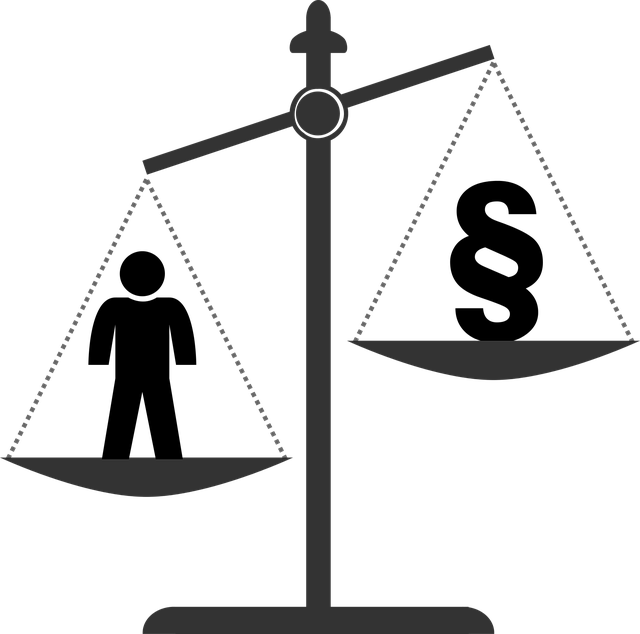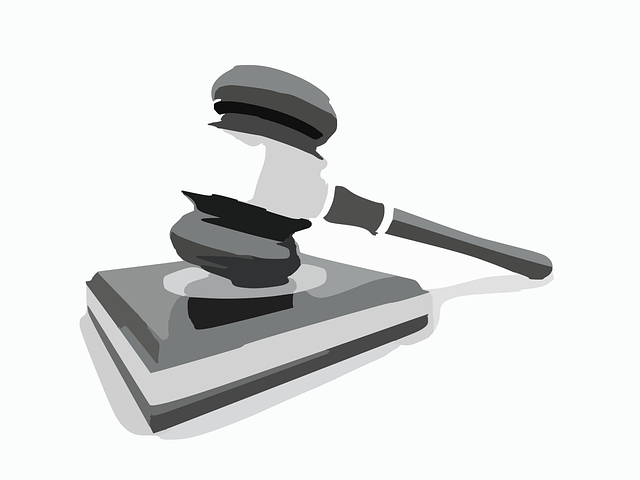Finance crime probes uncover illegal financial activities like fraud and corruption through meticulous record scrutiny, witness interviews, and data analysis. Antitrust laws, crucial for fair competition, significantly affect small businesses, preventing practices that hinder growth and innovation. While these laws can be stringent, they foster a level playing field and protect consumers. Small businesses must navigate them carefully to avoid violations, which can lead to hefty fines or legal dismissal. Proactive strategies like staff training, robust internal controls, detailed financial records, and expert consultation are essential to mitigate these risks.
In the intricate landscape of finance crime investigations, understanding the mechanisms behind these probes is paramount. This article delves into the world of financial crimes, focusing on how antitrust laws intersect with small business operations and the significant impact they can have. We explore strategies to mitigate risks, providing insights for businesses to navigate these complex investigations. By examining these key aspects, we aim to empower small businesses to protect their operations and ensure compliance in an ever-evolving regulatory environment.
- Understanding Finance Crime Probes: Uncovering the Mechanism
- The Intersection of Antitrust Laws and Small Business Operations
- Mitigating Risks: Strategies for Small Businesses to Navigate Financial Investigations
Understanding Finance Crime Probes: Uncovering the Mechanism

Finance crime probes are a crucial tool in uncovering illegal activities within the financial sector. These investigations delve into complex web of transactions and relationships, aiming to expose fraud, corruption, and anti-competitive practices. By scrutinizing records, interviewing individuals, and analyzing data, investigators piece together a comprehensive picture of wrongdoings that may have far-reaching consequences for both perpetrators and the broader market.
The impact of antitrust laws on small businesses is significant, especially when these laws are enforced rigorously. While larger corporations often face the brunt of investigations, small businesses must also be vigilant to avoid anti-competitive practices that can stifle growth and innovation. An unprecedented track record of winning challenging defense verdicts demonstrates the effectiveness of robust legal defenses in ensuring a complete dismissal of all charges, providing a testament to the importance of understanding these mechanisms for all entities within the financial landscape.
The Intersection of Antitrust Laws and Small Business Operations

Antitrust laws, while primarily designed to protect consumers and promote fair competition in the marketplace, can have a significant impact on small business operations. These regulations are intended to prevent businesses from engaging in anti-competitive practices such as price fixing, market division, or the abuse of dominant market positions. For small businesses, navigating these legal frameworks is crucial for ensuring survival and growth. While some may view them as stringent restrictions, antitrust laws are essential for fostering a level playing field, enabling smaller entities to compete effectively against larger corporations.
The intersection of antitrust laws and small business operations often involves delicate balancing acts. Small businesses must tread carefully to avoid any perceived violations that could lead to serious consequences, including hefty fines or even a complete dismissal of all charges. For his clients, understanding these nuances is vital to mitigate risks and ensure compliance. While jury trials can be costly and time-consuming, proactive measures like seeking legal advice and implementing robust internal controls can significantly reduce the likelihood of antitrust violations, allowing small businesses to focus on their core activities without undue legal burden.
Mitigating Risks: Strategies for Small Businesses to Navigate Financial Investigations

Small businesses are increasingly at risk of becoming entangled in financial investigations, often due to the complex web of regulations they operate within. One key area that demands vigilance is the understanding and adherence to antitrust laws. These laws, while crucial for maintaining fair market competition, can inadvertently impact small businesses, especially those operating in highly regulated industries. The potential consequences of non-compliance include hefty fines and legal repercussions, which can significantly disrupt operations and hinder growth.
To mitigate these risks, proactive strategies are essential. Small business owners should invest in comprehensive training for their staff on regulatory compliance, including regular updates on antitrust guidelines. Implementing robust internal controls and keeping detailed financial records can serve as a powerful defense mechanism. Additionally, establishing a dedicated team or consulting with experts in white-collar defense can help identify potential vulnerabilities and ensure the business remains compliant with both legal requirements and ethical practices, especially when navigating high-stakes cases related to white-collar and economic crimes.
Finance crime probes, particularly those involving antitrust laws, can significantly impact small businesses. Understanding these mechanisms and their intersection with everyday operations is crucial for navigating potential risks. By implementing effective strategies to mitigate these risks, small businesses can protect themselves from costly investigations and ensure compliance with legal frameworks, fostering a level playing field in the market. The onus lies on both regulatory bodies and businesses to collaborate, ensuring that the impact of antitrust laws is managed effectively while promoting fair competition.






